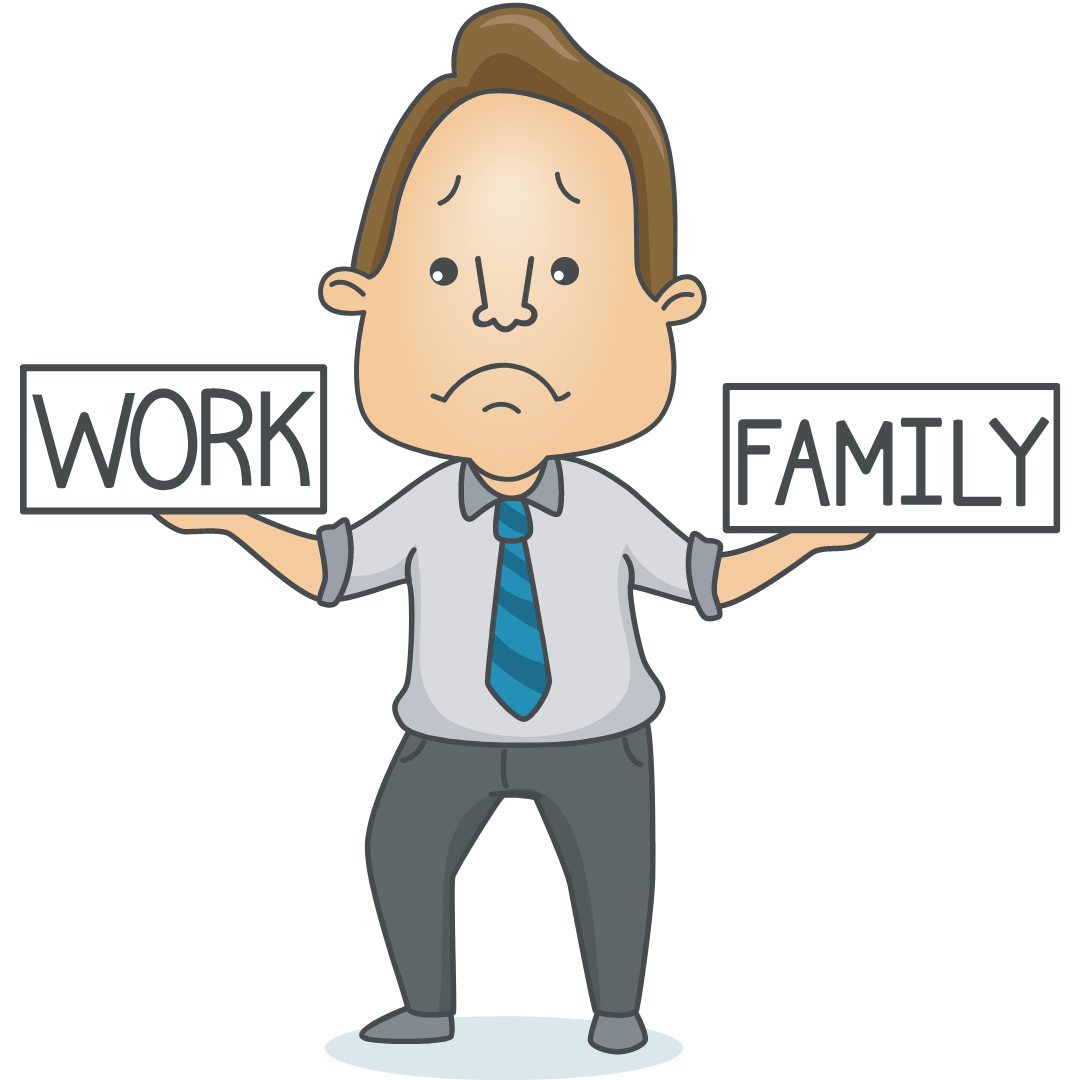Family Business Risks and What You Can Do About Them

Family-owned businesses can provide some wonderful benefits. Once your family business grows in popularity, you can retain 100% of the profits without required payments to stakeholders or other owners.
In other cases, family-owned companies can yield a variety of negative consequences. Work-related issues can follow you home and affect family life. Under the structure of a family company, hiring and firing decisions can cause further conflict between family members.
Your family-owned business will also be affected by any changes to the family structure. Divorce can complicate family business ownership, forcing family members to divide shares or otherwise sell the company.
Even an amicable divorce can negatively impact the mindset and mission of a family business.
Fortunately, with some realistic foresight and preparations, you can maximize the benefits while mitigating the personal risks associated with owning or operating a family business.
Informal Business Plans and Operations
Sometimes, family businesses can operate successfully with an informal business plan. Younger family members might work fewer hours, for example, or a shared family vehicle might be used for personal and business purposes during the same day.
However, in other cases, these informal business operations can compromise short and long-term success.
Smaller, service-based family businesses often function well with an informal business plan. Perhaps your family owns a corner bakery, where family members work together in the morning to prepare pastries.
Maybe your family owns an auto repair shop, where siblings take turns answering phones.
By contrast, some family businesses in the service industry may have to function with tighter deadlines and higher expectations. For example, your family might run a hair salon where appointments are made with specific stylists at preset times.
Create and Communicate Roles and Expectations
Whatever your family business structure is, it's important to be transparent in every aspect of your business, including financial management, team meetings, and a clear management structure.
Operations can slow, and even halt, without a formal business plan that family members can understand and follow.
To create a successful operational blueprint for your family business, look to strike a balance between flexibility and formality. Draft work schedules, financial regulations, and business hours that accommodate family members' talents and availability.
Make sure your plan is formal enough that all family members understand the repercussions of a missed shift or other mistakes.
Hiring, Firing and Disciplining Employees
Employee management also becomes more complicated under the family business model. Hiring, firing, and disciplining employees is a normal process in any business. However, these same activities in a family-owned business can take on a more personal nature.
To avoid nepotism and ease employee relations, some families hire non-family employees to fulfill essential roles in their business. Relationships between family and non-family members can still be warm and mutually beneficial.
Consult Outsiders and Draft an Objective HR Policy

Before hiring anyone, family or not, you should also draft an anti-nepotism policy, one that prevents favoritism from replacing a formal hiring process.
Consider hiring a non-family member as the leader of your human resources department, even if you only have a few employees. Keep your hiring process transparent, and interview non-family members alongside direct relatives for a balanced onboarding approach.
If you allow nepotism to affect regular business operations, your family business could be at risk.
Employees can rightfully sue as a result of proven nepotism, and overall morale will decrease.
In addition, nepotism can further complicate your relationship with a hired family member, especially if that family member isn't qualified for their new position.
Make sure that all hired family members clearly understand your firing policy, as well as the expectations associated with their positions.
Try to have someone else present for an exit interview or firing, to help separate business and family relations.
Financial Troubles
Unlike non-family businesses, financial difficulties at home can often affect family business operations. The reverse is also true: When a family business suffers, families might also experience financial troubles at home.
Many families rely on a family business as their main source of income. When this is the case, and the family business endures a difficult month, family income decreases. Similarly, families with lowered income may no longer be able to afford all the inventory, supplies, or payroll required to make their family business successful.
Financial troubles often result from poor money management. If your family business sets prices too high or too low, you likely won't generate revenue consistent with your goals. In other cases, inefficient marketing or poor investments can cause financial trouble for family businesses and their owners.
Prioritize Customers and Business Health in Financial Decisions
To avoid experiencing financial difficulty, structure your family business to satisfy customers' main concerns. Though you can always offer supplementary services, make sure your customers' primary needs remain top of mind. For example, your family-owned coffee shop could experiment with book sales, but don't forget that your coffee brings customers through the door.
The best family businesses are also built to withstand financial troubles when they arise. Sustain a healthy savings account, one with the funding you can use to kickstart a business if it slows. This same savings account can help you pay off debts accrued by employee training, equipment purchases, and any other expenses your family business might generate outside of regular operations.
Family Conflict Becomes Business Conflict
The intermingling of family and business conflict can cause several concerns. As hostility grows, communication — an essential feature of all successful businesses — often decreases. Family employees who are unwilling to solve conflicts outside of work often lead a company into trouble.
Maintain Work-Life Balance

If a family conflict arises, settle the issue before arriving in the office. Even if you cannot settle the issue before leaving for work, agree that you will not discuss the disagreement until you return home.
Similarly, work-related conflicts should be settled in the office.
Ask a member of your human resources department, or other third-party individuals, to participate in a problem-solving session at work. This will ensure that the conversation remains professional, and only the issue at hand is discussed.
Sometimes, family conflict, like divorce, is simply too much to reconcile.
If you've seen family conflict grow past a point of resolution, consider enlisting the help of a family law attorney for the sake of the family business. If a divorce process is amicable for all the parties involved, the integrity of the family business can stay intact as well.
Succession or Exit Plans
No matter what precautions you take to keep your family business functioning, turnover can still happen. When a family member retires or leaves the company, you'll need to find ways to fill their role or otherwise reassign their responsibilities.
Even if you plan to hire a new employee, the onboarding process can take time. For the immediate future, one or more family members may need to step up to preserve successful business operations. This might mean working more hours, learning new skills, or participating in an unfamiliar aspect of the job.
Succession plans can help create a smooth transition from one family employee to the next. If possible, allow the current employee to have some role in choosing their successor, and make sure the successor understands the responsibilities involved. When the transition between family employees occurs, consider asking the former employee to train their replacement.
Transferring Ownership or Selling
If there is no family member ready, or willing, to take over the family business, you may also need to create an exit plan. Identify potential successors or new ownership, and ensure that they share the same mindset and passion for the market that you do.
If you're transitioning the family business into new ownership because of a divorce, you'll need to perform a business valuation to get a handle on ownership shares and how this might affect other asset distributions. This process sets an approximated value on your business based on its history, current operations, and potential.
When it comes to owning and operating a family business, it can be easy for the benefits to blend with the negatives. But by establishing clear boundaries and fostering a workplace of mutual respect, it's possible to keep the business within a circle of loved ones without concern of falling out in the future.